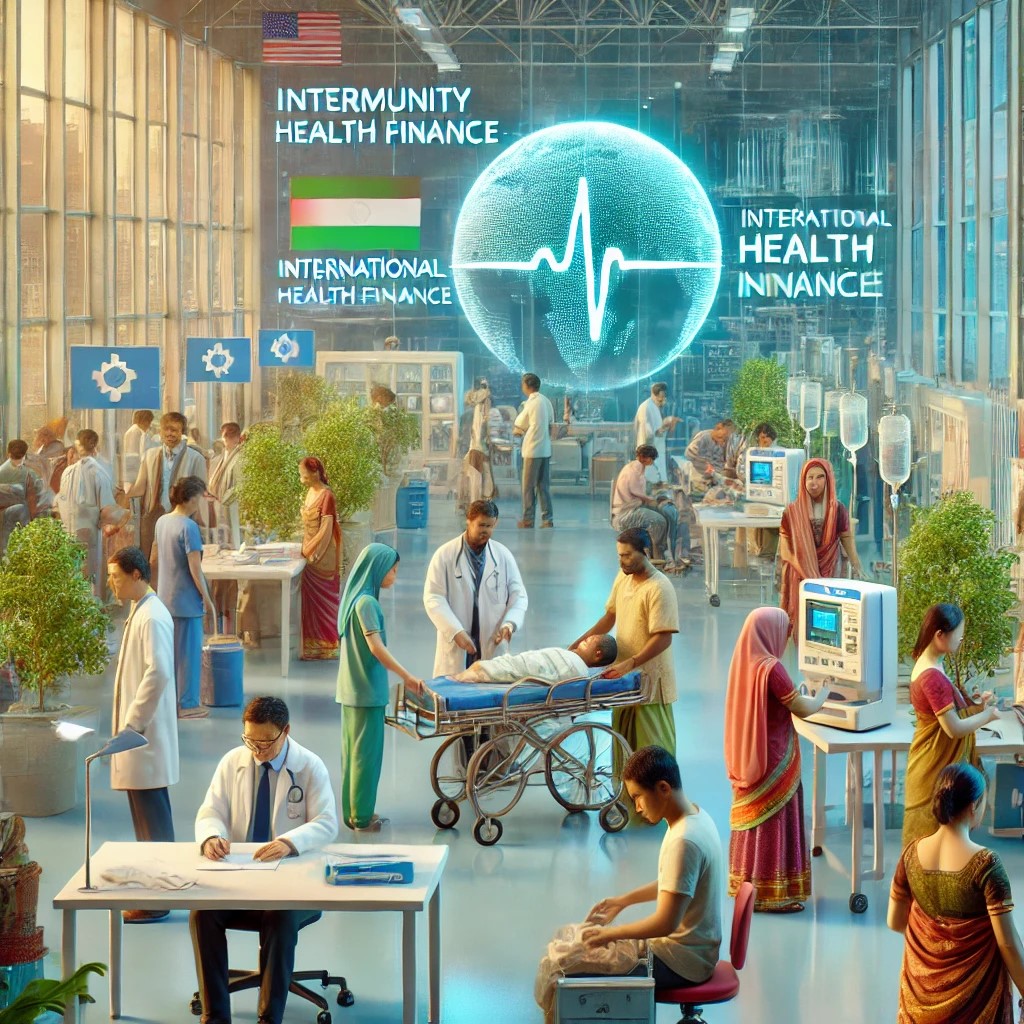In today's interconnected world, the linkage between financial mechanisms and global health initiatives is more critical than ever. Financial resources play a pivotal role in shaping the capabilities of health systems worldwide, influencing everything from research and development of new treatments to the implementation of disease prevention programs. This article delves into how finance impacts global health and explores current trends and future predictions in the integration of these two vital sectors.

1. Funding for Health Research and Development:
The development of new medical technologies, vaccines, and treatments is heavily dependent on available funding. Investment in health research is crucial for advancing global health security and responding effectively to health crises.
Current Trend: There is significant investment from both public and private sectors in health research, particularly in areas like vaccine development and chronic disease management. The recent COVID-19 pandemic has underscored the importance of swift financial response in developing and distributing vaccines globally.
Future Prediction: Investment in health research is expected to grow, with an increased focus on developing flexible platforms that can quickly adapt to new health threats. Public-private partnerships are likely to expand, fostering innovation and speeding the translation of research into practice.

2. Health Infrastructure Financing:
Robust health infrastructure is essential for delivering effective health services. Financing health infrastructure—from hospitals to laboratory facilities—is a critical challenge for many countries, particularly in the developing world.
Current Trend: Development banks and international health organizations are increasingly focusing on investments in health infrastructure, especially in low- and middle-income countries. This includes funding for both physical infrastructure and digital health technologies.
Future Prediction: The focus on health infrastructure financing will likely emphasize sustainable and resilient health systems that can withstand future health shocks. Green financing and impact investing may play larger roles in funding health infrastructure, aligning financial investments with broader social and environmental impacts.

3. Universal Health Coverage and Financial Mechanisms:
Universal health coverage (UHC) aims to ensure that all people have access to the health services they need without suffering financial hardship. Achieving UHC is fundamentally tied to the availability and effectiveness of financial mechanisms.
Current Trend: Many countries are reforming their health financing policies to move closer to UHC. This involves expanding insurance coverage, increasing public health expenditures, and implementing innovative financing strategies like health savings accounts and conditional cash transfers.
Future Prediction: Efforts to achieve UHC will likely continue to evolve, with an increasing reliance on digital payment systems and fintech solutions to enhance the efficiency and reach of health financing. Cross-border health financing initiatives may also gain traction as global health challenges necessitate cooperative responses.
Conclusion:
The intricate link between finance and global health initiatives highlights the critical role of financial strategies in shaping health outcomes worldwide. As we look to the future, the synergy between these sectors will be crucial in addressing the complex health challenges of our globalized world, ensuring that financial investments in health yield maximum benefits for global health security and equity.





